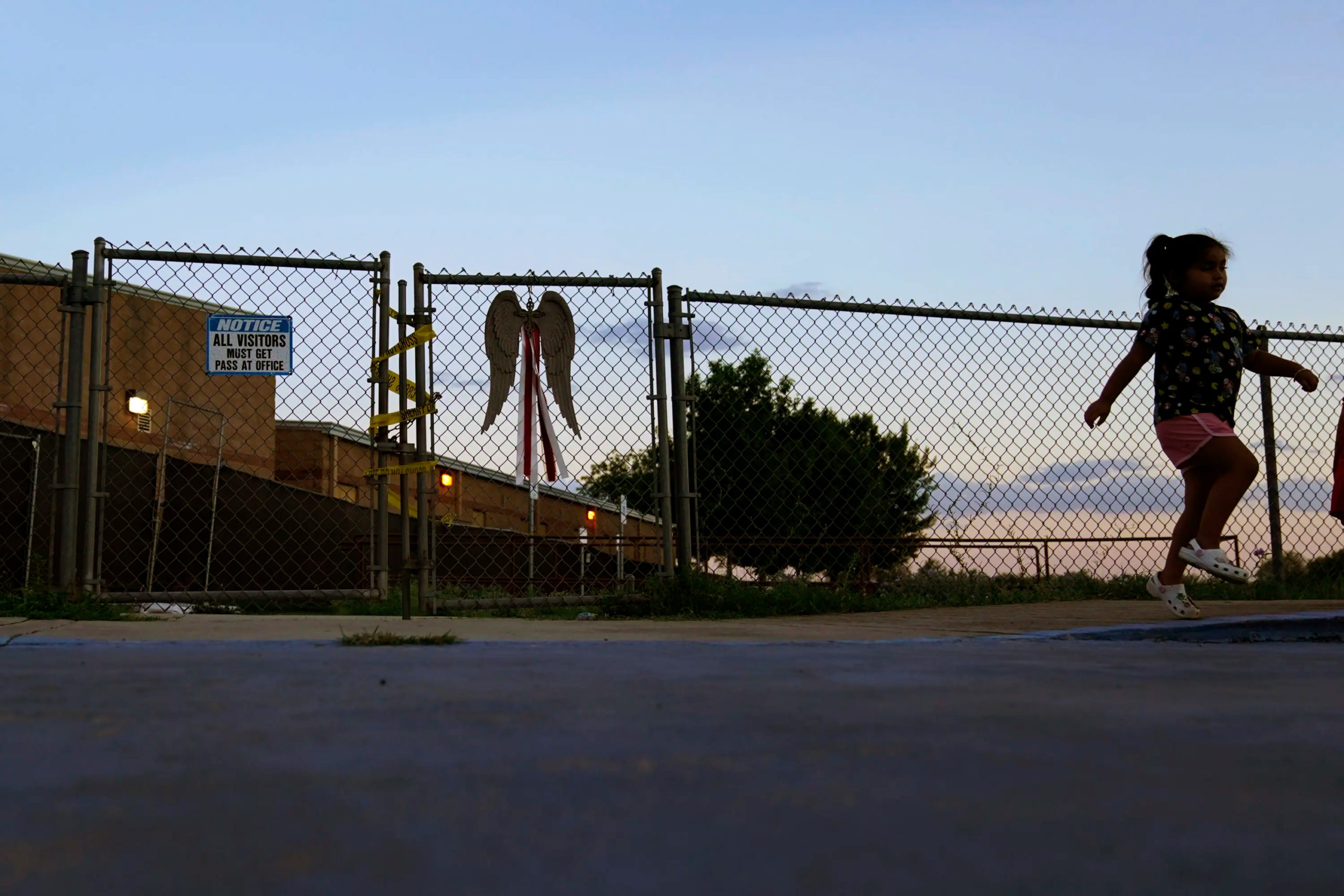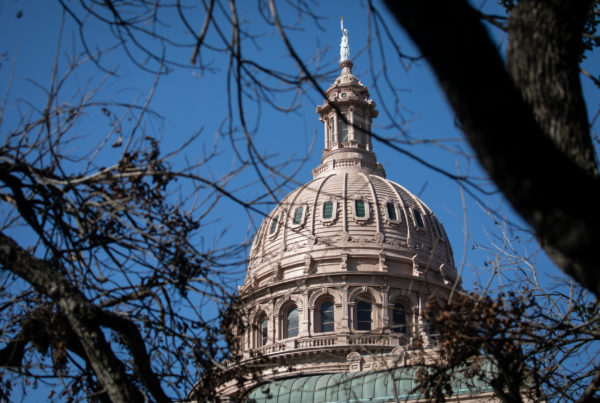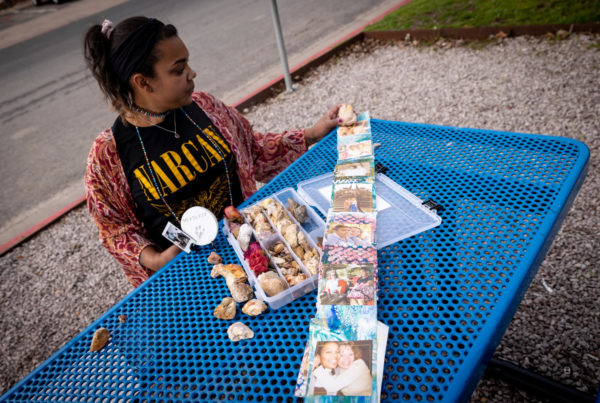If your child has a story about accessing mental health resources in Texas, send me a message at swernst@houstonpublicmedia.org or DM me on Twitter @sarawilla1.
A handful of Texas’ top leaders have pledged to make mental health a priority for the 2023 legislative session that began in early January, including Governor Greg Abbott who made it a point in his recent inaugural address.
“We will not end this session without making our schools safer,” said Abbott. “We must prioritize protecting students and staff. We must provide mental health services to students who need it. Parents must know that their children are safe when they drop them off every morning.”
The 88th Texas legislative session is on the heels of the high-profile school shooting in Uvalde that killed 21 people last May — a crisis that has put pressure on lawmakers to enact school safety policy reform. The approach by top Republicans has focused on school security measures to investing in youth mental health resources, while leaving out gun restrictions that some in Uvalde are backing.
Last June, about a month after the shooting, Texas committed over $100 million to school safety expenses, such as bulletproof shields, trainings for law enforcement and silent panic alert technology to be installed at schools. About 10 percent is going to mental health — further funding legislation passed in 2019 that responded to the mass shooting at Santa Fe High School outside Houston.
Senate Bill 11 is what some mental health advocates have called a historic piece of legislation in 2019. A statewide partnership called the Texas Child Mental Health Care Consortium was formed, which allows pediatricians who might have limited training in behavioral health to consult with psychiatrists at 12 medical schools in Texas. These schools and community mental health providers are also working to expand training opportunities to increase the number of child psychiatry experts in the state.
The bill also set up a telemedicine network that helps schools connect with mental health care providers. Only about half of Texas school districts are part of the program so far.
The program might expand significantly in the next few years. First drafts of the appropriations bills show the Texas House and Senate more than doubling the funding for the Consortium — $280 million over the next two fiscal years.















